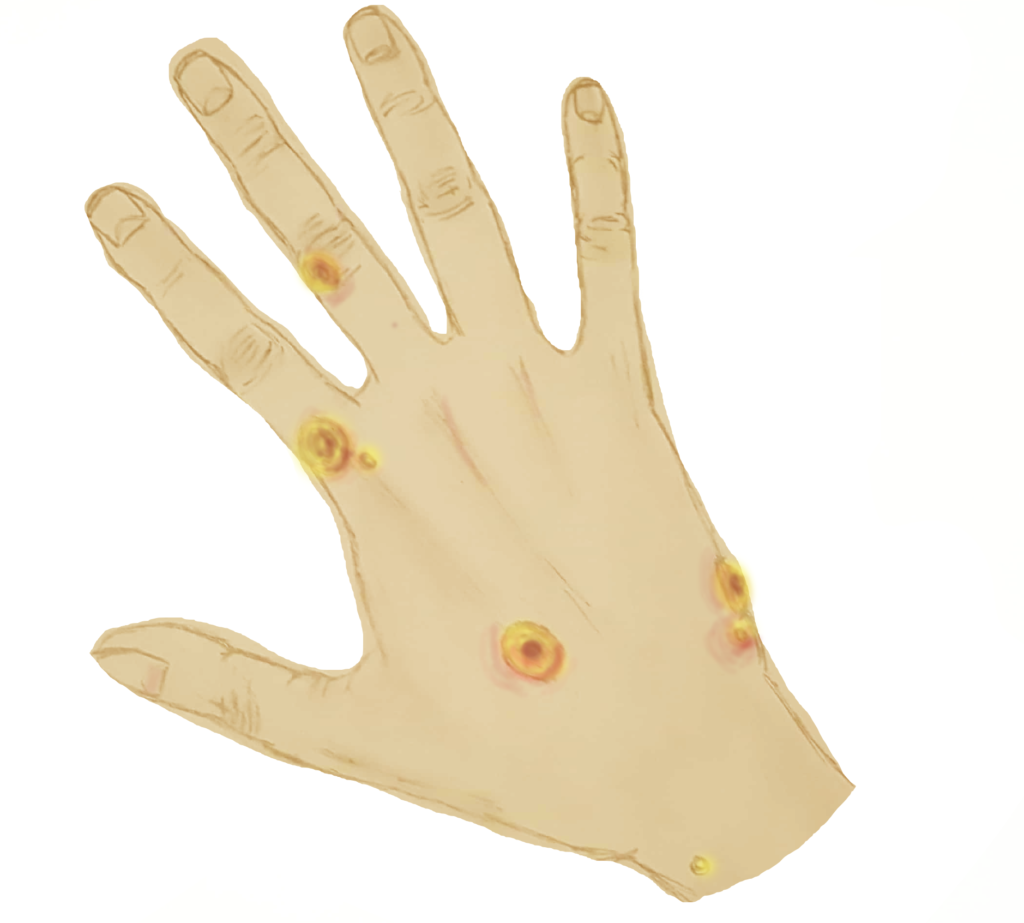
BC experiencing the highest rates in the last 30 years
By Atiba Nelson, Staff Reporter
According to the Public Health Agency of Canada, infectious syphilis rates are increasing. Currently, the overall rate of syphilis among the Canadian public is 10.6 per 100, 000 people.
With the overall rate increasing, British Columbia has experienced an increase as well, with the number of cases in the province besting the national rate.
“There were 919 new cases of infectious syphilis in BC in 2018, a rate of 18.4 per 100,000. This represents a 33 [percent] increase from 2017,” according to a press release available on the British Columbia Centre for Disease Control (BCCDC) website.
Although BC is third among Canadian provinces and territories, Nunavut (260.9 per 100,000), and Mantioba (17.6 per 100, 000), are first and second respectively. The spike in the infectious syphilis rates are worrying public health officials in the province.
Recently, Dr. Bonnie Henry, the Provincial Health Officer, alerted the public about the risks of infectious syphilis and the need to be proactive in detection and treatment of the disease.
Public health surveillance highlights that the disease disproportionately affects bisexual and gay men, but the rates of infectious syphilis have also been rising in the female population of the province.
Because of the increase among females, Perinatal Services BC, with guidance from the BCCDC, released new syphilis screening recommendations for pregnant females. The new recommendations call for screening in the first trimester and again at delivery. The twice-a-pregnancy screening aims to decrease a potentially the developmentally harmful disease, congenital syphilis, which occurs when a mother who is infected with syphilis passes the disease on to her newborn.
Syphilis is a treatable sexual transmitted infection (STI) caused by the bacterium Treponema pallidum. The symptoms are similar to other STIs, but change depending on the stage of the disease.
In the primary stage, a painless sore (called a chancre) may appear on the mouth, anus, or genital area. The most contagious stage is the secondary stage—roughly 2 to 12 weeks after infection—where a skin rash can appear. At this stage, syphilis can be spread through sexual contact or contact with any area where the rash appears.
It’s important to note that syphilis can be treated with antibiotics—but testing for, and diagnosis of the disease is needed before treatment is started.
Douglas College students living within the Fraser Health Authority boundaries can access testing and treating services through several clinics in the area.



